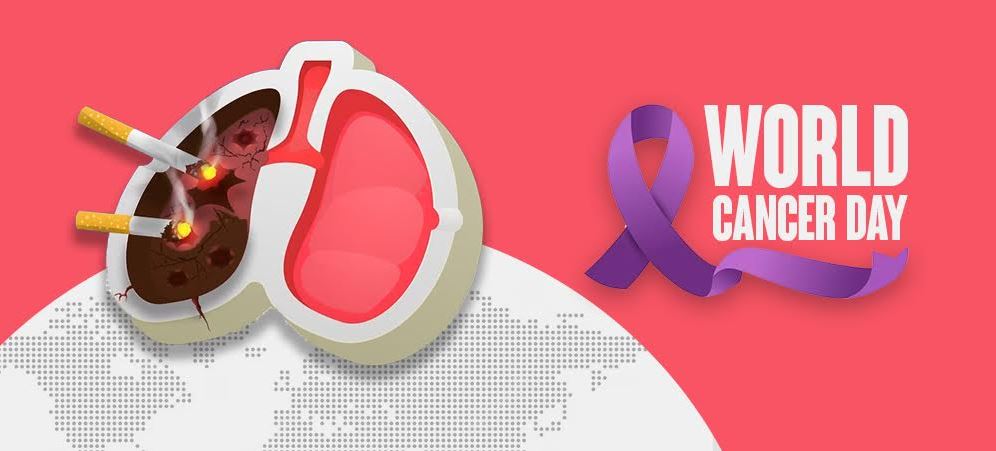
New Delhi,6th February 2024: On the solemn occasion of World Cancer Day 2024, under the rallying theme of ‘Close the Care Gap,’ the Asian Coalition for Health Empowerment (ACHE) spotlights India’s concerning surge in cancer cases. Recent data reveals an alarming 1.4 million recorded cases in 2022, marking India as a hotspot for this life-threatening disease. ACHE expresses deep concern, particularly about modifiable risk factors, with tobacco emerging as a significant contributor to the growing burden of non-communicable diseases (NCDs).
Drawing inspiration from global success stories, countries like Sweden, Japan, and the UK have successfully implemented harm reduction policies, resulting in a notable decline in smoking rates and associated cancer cases.
Sweden’s smoking rate plummeted from 15% to a remarkable 5.6% over 15 years, marking it on the verge of being ‘smoke-free’ and boasting a 41% lower cancer incidence compared to the EU. In Japan, the smoking rate witnessed a sharp decrease between 2016 and 2019, with almost three in ten Japanese smokers quitting cigarettes. Following these success stories, Norway recently announced plans to legalise nicotine-containing alternatives in 2024.
Professor R Zimlichman from Tel Aviv University, Israel, commends Sweden’s success, stating, “Switching to smokeless alternatives has resulted in a 70% reduction in smoking-related deaths compared to neighbouring countries. Urging the adoption of harm reduction, he adds, “While quitting smoking is the ideal scenario to prevent cancer, the reality is that millions struggle to quit. Harm reduction provides a pragmatic and potentially life-saving alternative.”
One in nine Indians will develop cancer in their lifetime, with tobacco being the leading culprit. Yet, India ranks second in Asia for cancer burden despite adhering to WHO tobacco control policies. The answer lies in finding alternatives, not just outright bans.
As the world unites on World Cancer Day under the theme “Close the Care Gap,” the focus on tobacco-related cancers takes centre stage. The call for harm reduction measures becomes imperative, offering individuals alternatives to traditional tobacco and paving the way for a healthier future. Dr Chandrakant S Pandav, Padma Shri Awardee, Global Public Health Expert, Iodine Man of India, emphasises, “Success stories, such as Norway’s recent decision to legalise nicotine-containing alternatives, underline the importance of harm reduction in averting the impact of tobacco on cancer. Acknowledging the critical role harm reduction plays in steering away from the grip of cancer is paramount.”
With millions facing the grip of tobacco addiction, harm reduction presents a pragmatic path forward. It empowers individuals with safer choices, paving the way for a healthier future.
This World Cancer Day, let’s learn from global success stories and embrace harm reduction as a vital tool in the fight against tobacco-related cancers. By offering alternatives and tackling modifiable risk factors, we can close the care gap and build a healthier tomorrow for millions in India.